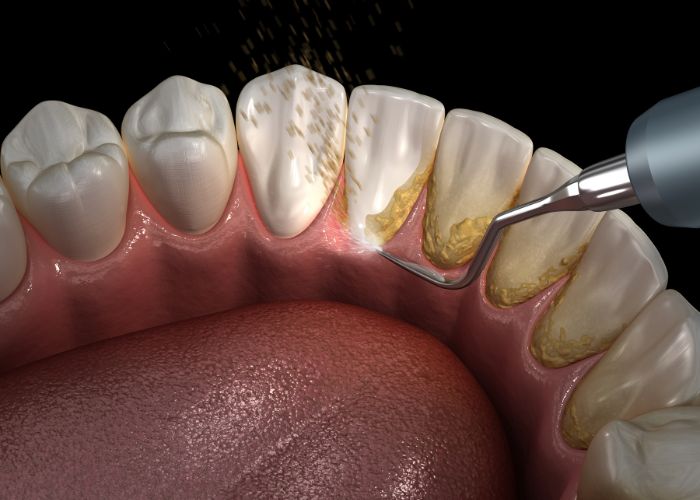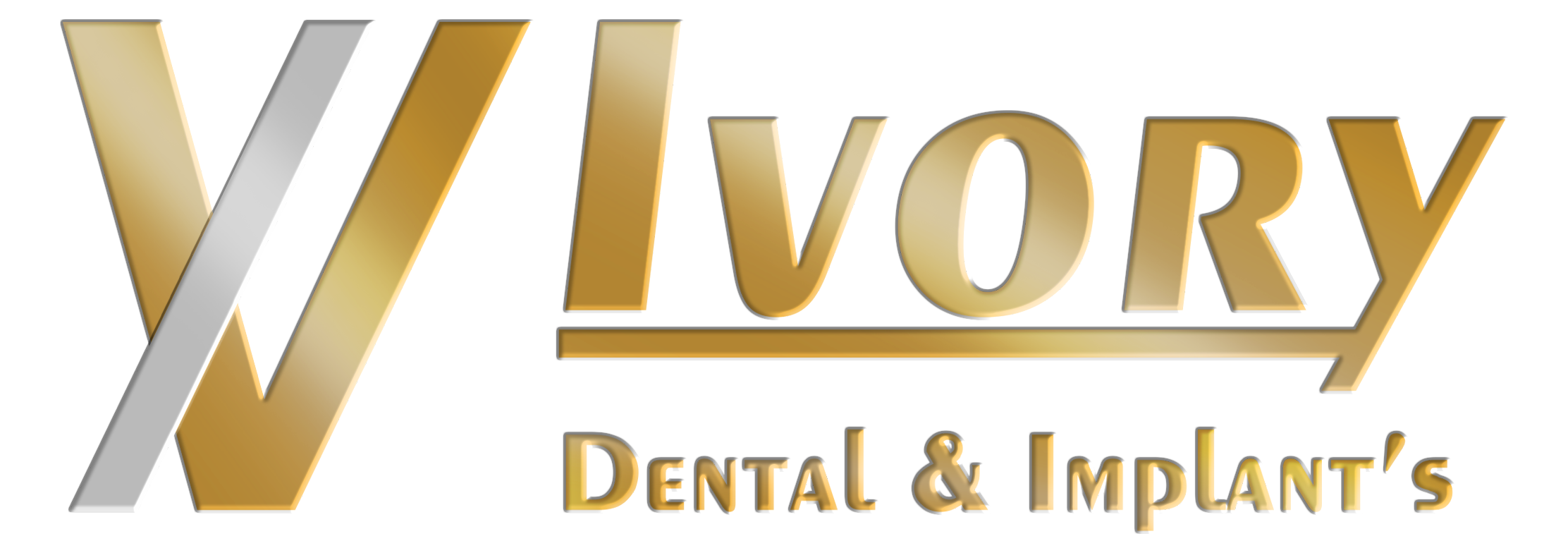The Science of Teeth Cleaning: Myths vs Best Practices

The most basic yet effective way to maintain your oral health is to clean your teeth well. But sometimes cleaning might be confusing with various suggestions from various sources, telling you to brush your teeth in a certain way, or following a weird practice.
This is due to various opinions and a lack of scientific knowledge, for which this blog aims to shed light on the best practices of teeth cleaning.
Myth: Brushing Harder Means Cleaner Teeth
Brushing your teeth using optimal pressure is the best brushing practice. Using too much force on your teeth does not mean better cleaning. Instead, it could cause damage to the teeth and gums, damage soft tissues, and even require medical attention if you keep brushing your teeth with high force. Use a soft-bristled brush and a gentle brushing technique to brush your teeth safely and effectively.
Myth: If Your Gums Bleed, Avoid Brushing
It is often said that gum bleeding is caused by rough brushing and that you should avoid brushing to stop it. However, gum bleeding often indicates gum diseases or inflammation and can even worsen if you avoid brushing. Lack of brushing your teeth will lead to plaque formation, which can worsen the gum condition and cause it to bleed more.
Myth: Mouthwash Can Replace Brushing
While mouthwash can help with fresher breath and reduce oral bacteria, it still is not enough to remove the physical plaque and food buildup from the surfaces, as brushing and flossing do. If you skip brushing and simply use a mouthwash to rinse, it may cause tartar buildup and lead to cavities. So, it is important to use a mouthwash as a supplementary tool and not the main source of cleaning your teeth.
Myth: Professional Cleanings Are Unnecessary if You Brush Well
While regular brushing is an essential practice, it still cannot clean micro plaque buildup that eventually layers up on the surfaces of your teeth. This can be removed by professional cleanings, where the dentist uses special instruments to remove this plaque and bacteria while smoothing the surfaces, preventing the creation of a bacterial breeding ground.
Note: Professional dental cleanings once every six months can help you achieve optimal oral health.
Myth: Teeth Whitening Products Clean Your Teeth
It is commonly believed that teeth-whitening products clean teeth, but it is often overlooked that they are unable to remove debris, plaque, and bacteria. Thus, it is recommended that you avoid teeth-whitening products and opt for a professional teeth cleaning to get rid of factors that could lead to serious dental problems.
Best Practices for Effective Teeth Cleaning
It is important to know the facts behind the myths about teeth cleaning for effective results. Being informed can be greatly beneficial for taking good care of your oral health and avoiding problems that can arise otherwise.
To safely get clean teeth, follow a proper brushing technique for two minutes, at a 45-degree angle to your gums, using a soft toothbrush without applying unnecessary pressure.
Also, remember to floss your teeth using a clean floss thread to get rid of debris and plaque forming between teeth, and use a fluoride toothpaste to strengthen your enamel.
Myths circulating about teeth cleaning can be confusing and lead to you following incorrect oral hygiene practices. This blog demystifies such practices and provides professional tips to include in your oral hygiene practices.
If you are concerned about your oral health, schedule a consultation with our expert at Ivory Dental and Implant’s for more information about teeth cleaning in Gangtok.
